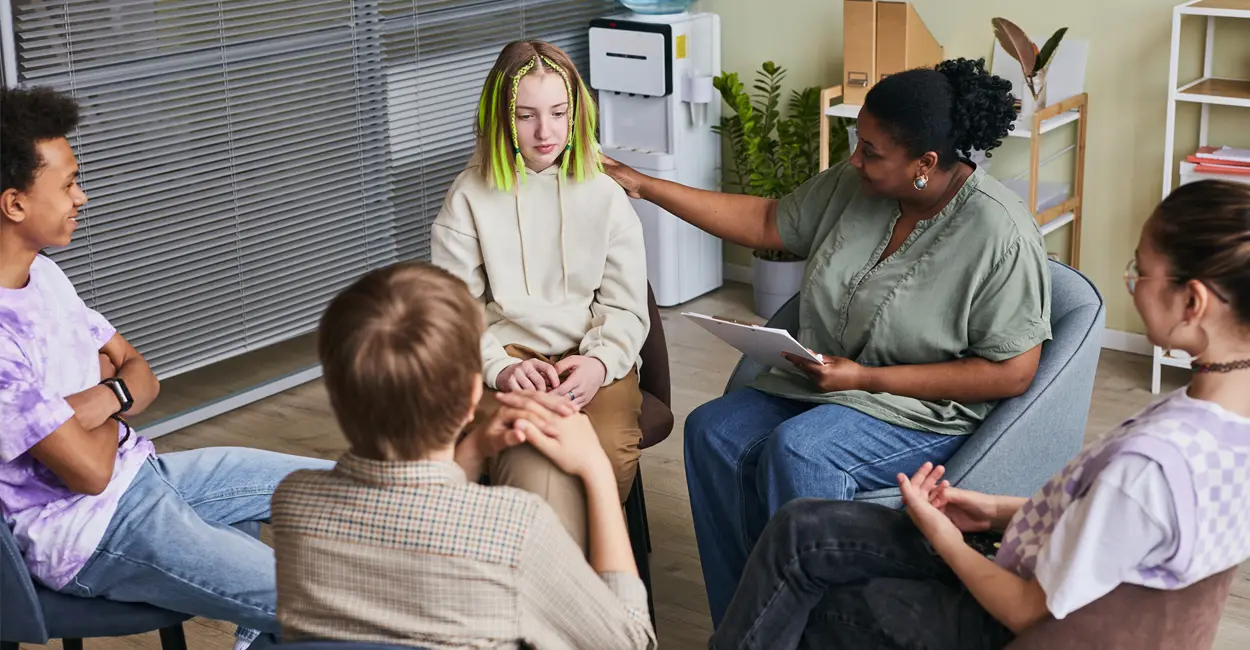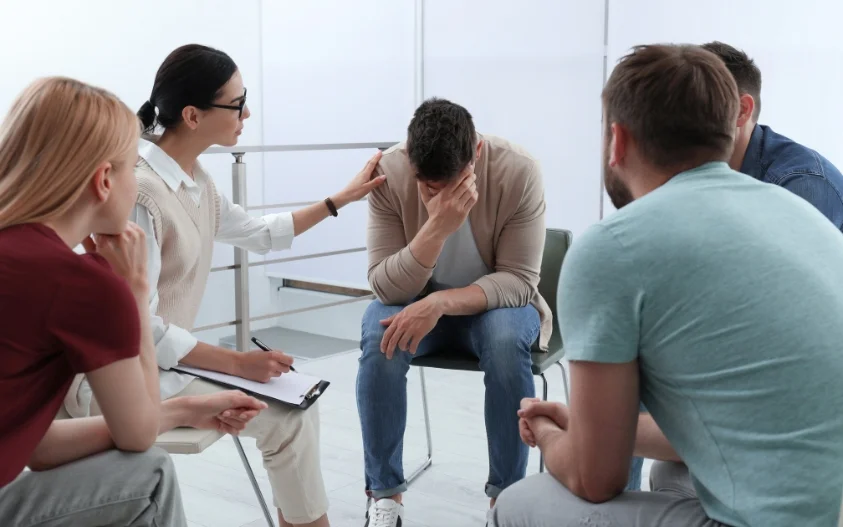24/7 Helpline:
(866) 899-221924/7 Helpline:
(866) 899-2219
Learn more about Aftercare Support centers in Unity House
Aftercare Support in Other Cities

Other Insurance Options

EmblemHealth

Oxford

Aetna

Ceridian

Private insurance

BlueCross

Medical Mutual of Ohio

Kaiser Permanente

Holman Group

Coventry Health Care

Cigna

MVP Healthcare

Magellan

UMR

Absolute Total Care

Humana

Providence
Beacon

BlueShield

Excellus












